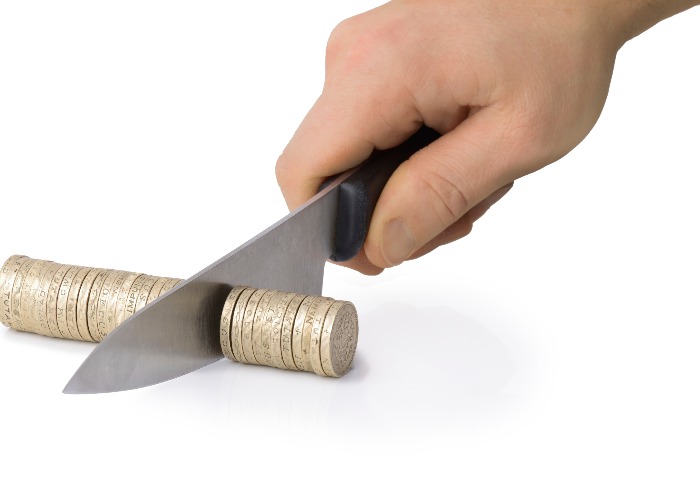Majority of our wages goes towards bills

Around 53p of every £1 earned goes towards bills.
A new study from Octopus Investments has revealed that the majority of the money we earn goes straight towards paying off bills and debts.
It found that we spend more than 25% of our monthly post-tax income paying off debts, with a further 27.5% going towards fixed costs in the form of bills. This means that for every pound we earn, we are immediately committing to put 53p of it towards these costs.
How much am I spending on my bills?
Bills are unavoidable, but there really is no reason to spend more than you have to. You could save up to hundreds of pounds by switching energy tariff, and you could also cut your monthly expenses by finding better offers on your home insurance, car insurance and mortgage.
Meanwhile, a quick look on broadbandchoices.co.uk could help you find a better deal for your home internet connection, as well as your home phone and television packages. Or you could cut the cost of your mobile phone thanks to our friends at Recombu.
The lovemoney.com Track service is a free tool which lets you see at a glance where your money is going – and if you notice that bills are eating up an awful lot of your income, it’s definitely worth seeing if you can get the same services for a cheaper price.
Find the cheapest insurance deals, ISA accounts, utility suppliers and more with lovemoney.com
Paying down debts
If you have credit card debts to pay, you could clear them quicker and cheaper with the use of a 0% balance transfer credit card. While you have to pay a fee (typically around 3% of the balance) to move your debt across to one of these cards, you can benefit from 0% interest for up to 36 months. Read The best 0% balance transfer credit cards for more.
If you keep ending up in the red on your current account, be sure to read Ways to get rid of your overdraft for good. If your bills are really getting on top of you and you think you need help, there are plenty of places to turn to for free debt advice.
Keep tabs on your money with lovemoney.com’s free Track service
What to do with what’s left?
In terms of pounds and pence, Brits are spending an average of £327.49 paying off their debts each month, with a further £357.11 set to pay on fixed bills. After this expenditure, people had an average of £615.92 in disposable income left.
There was a significant difference in disposable income between regions though, with Londoners having an average of £821.21 disposable income each month. In contrast those in the North East had just £433.17.
The research found that of that money left over, almost a third was being put into accounts, with a further 10% devoted to investments and pension contributions. With such awful rates of interest available from traditional savings accounts, it's definitely worth considering alternatives. For example, you can each up to 5% AER from current accounts from TSB and Nationwide on balances of up to £2,000 and £2,500 respectively.
Alternatively, you could enjoy tax-free returns from the stock market via a Stocks & Shares ISA. Remember though that as with all investments, there is a danger that you could end up with less than you pay in.
Keep tabs on your money with lovemoney.com’s free Track service
More from lovemoney.com:
Life becomes most expensive at 50
Comments
Be the first to comment
Do you want to comment on this article? You need to be signed in for this feature